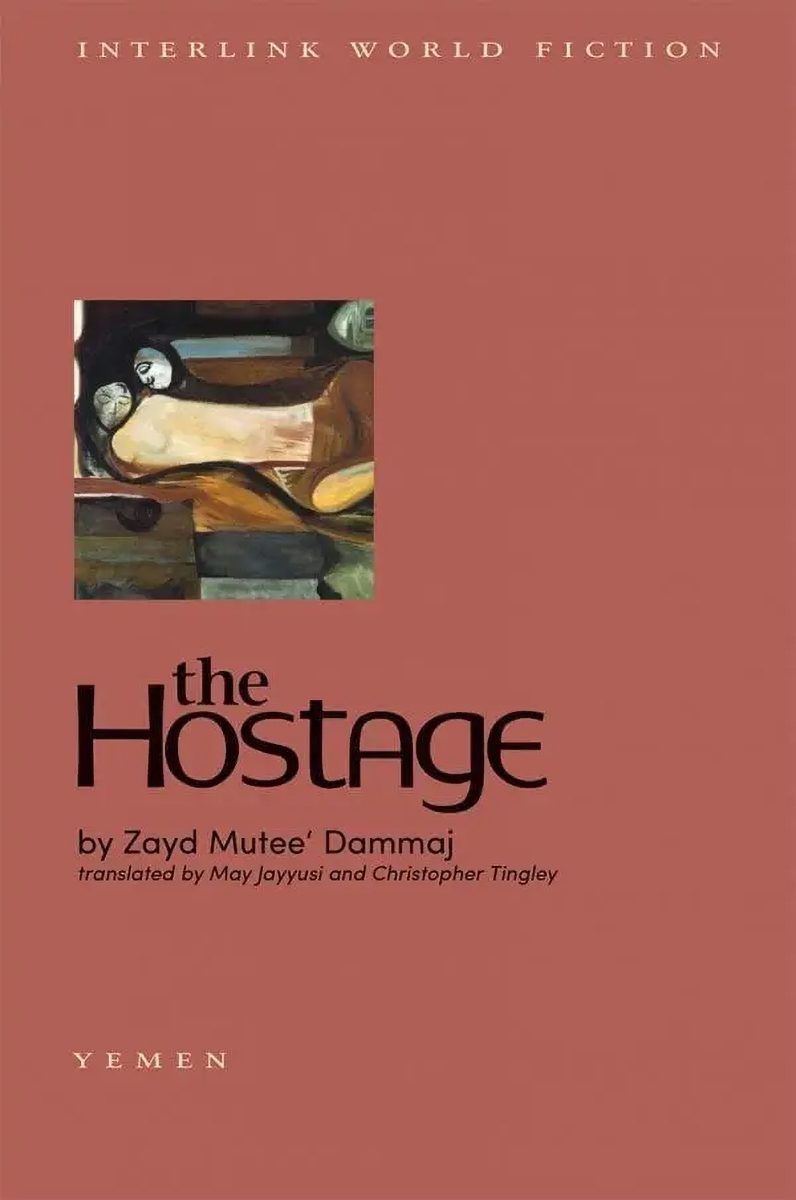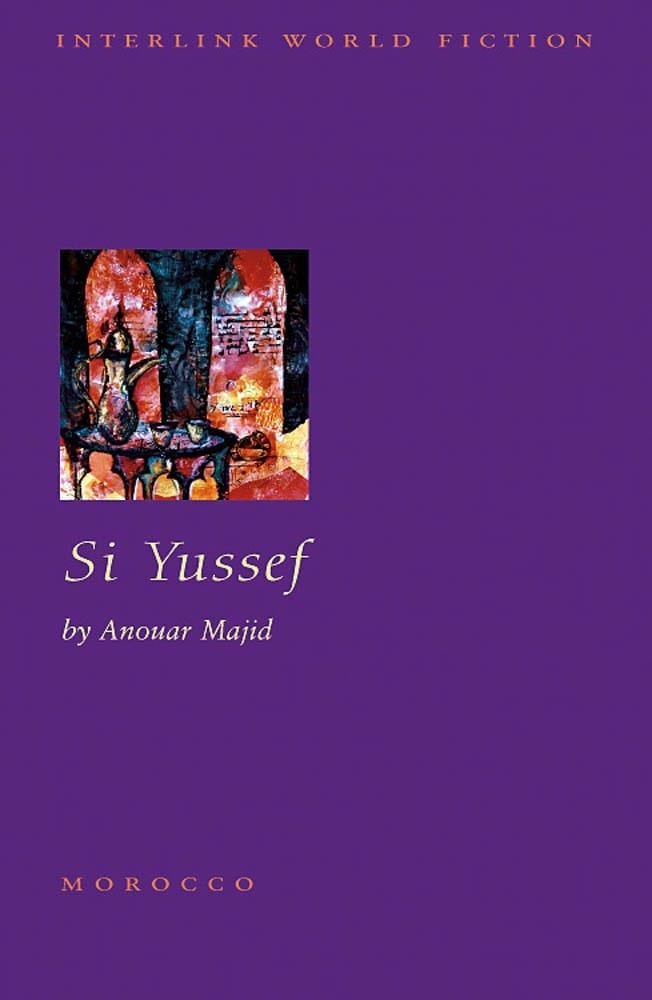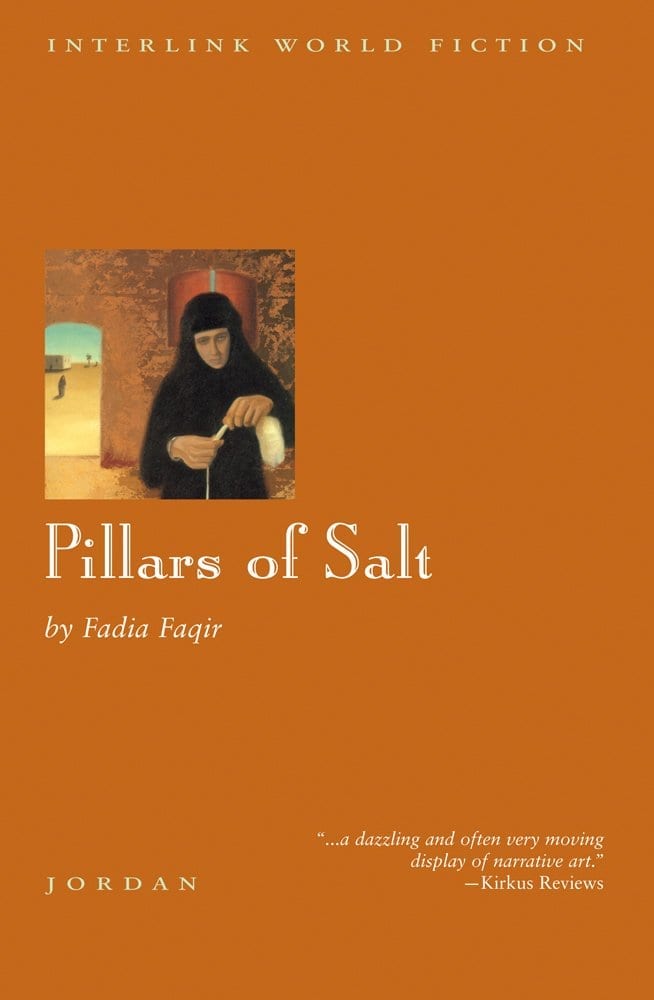Book Size: 5.25" x 8"
Pages: 224
Format: Paperback
ISBN: 9781566568821
Imprint: Interlink Books
Edition: 1
Translator: Noha Radwan
Release date: 01/05/12
Category: LiteratureThe House of Jasmine
$ 15“Set in 1970s Alexandria, Egypt, Meguid’s deeply satisfying new novel…chronicles a brief but significant period in the life of Shagara Muhammad ‘Ali…Meguid’s novel is richly atmospheric and has a splendid sense of both place and time; readers not only observe the intricate lives of these characters, but feel as if they’re sitting next to them at the cafe. Radwan’s translation is especially fine.” — Publishers Weekly (starred review)
About this book
On June 13, 1974, Shagara, a low-level employee at the Alexandria shipyard, is charged with taking workers to cheer for the motorcade of Egyptian President Sadat and his guest President Nixon. Instructed to pay each worker half a pound at the end of Nixon's visit, Shagara pays them half that, spares them the festivities, and pockets the difference.
So begins The House of Jasmine, which follows Shagara, a loner who yearns for female companionship, as he traverses the city of Alexandria and tries to parse his feelings toward its changing landscape. Within the humor of this classic novel is nestled an indicting eyewitness account of this essential period of Egyptian history. In it one can observe the social changes and popular sentiments that comprise the prologue for the Egyptian revolution of January 2011.
Brand: Ibrahim Abdel MeguidAbout the authors
Ibrahim Abdel Meguid was awarded the 1996 Naguib Mahfouz Medal for Literature. He is among Egypt’s best-known and highly acclaimed writers.
Noha Radwan is assistant professor of Arabic and comparative literature at the University of California-Davis and author of Egyptian Colloquial Poetry in the Modern Arabic Canon.
Reviews
“Set in 1970s Alexandria, Egypt, Meguid’s deeply satisfying new novel…chronicles a brief but significant period in the life of Shagara Muhammad ‘Ali…Meguid’s novel is richly atmospheric and has a splendid sense of both place and time; readers not only observe the intricate lives of these characters, but feel as if they’re sitting next to them at the cafe. Radwan’s translation is especially fine.” — Publishers Weekly (starred review)
“Just published for the first time in the U.S., this book begins on June 13, 1974, the day President Richard Nixon drove through Cairo in a motorcade with Egyptian President Anwar Sadat. The tension between the promises of politicians and the real lives of men and women is the substance of the novel, which makes a subtle comparison between inequities in Sadat’s Egypt and the conditions that led to the uprising in Tahrir Square.” — Los Angeles Times
“Abdel Meguid subverts traditional images of the male hero and of Egypt as the glorious motherland…Shajara is a conflicted protagonist who does not really deserve to be called a hero, or does he? In one sense, he does seem to be symbolic of Egypt or rather the country’s unrealized potential, as he vacillates between action and passivity, between being sociable and alienated, between generosity and selfishness, anger and self-blame, childlike happiness and despair…His behavior illustrates the frustration permeating society, but he is more than a symbol. Abdel Meguid endows him with a genuine, quirky personality, and for a short time one feels that one lives in his head.” — Jordan Times
“One that I’ve enjoyed recently is Ibrahim Abdelmeguid’s The House of Jasmine which is set during Anwar Sadat-era Egypt, 1970-1981…House of Jasmine is enjoyably quiet, and while politics roar around the edges…Shagara and his friends remain outside the swirl… Many of the scenes…are beautifully rendered, but the book’s real accomplishment is to escape Shagara’s fog in a few clear moments, when he finds absolute joy in sea air, the promise of impending parenthood, and in hot tea on a rainy Alexandria day. And, more than that, his moments of clarity while narrating the novel itself. It’s”a work of humanity, in which any reader can find his fogs, indecisions and lonelinesses, as well as those moments of beautiful clarity.” — Arabic Literature
“The novel… stands as a love letter to the ancient city of Alexandria and its beauties” However, the novel’s main focus is political. It is an effective…condemnation of Sadat’s Egypt… The translator’s afterword, written before the electoral victory of the Muslim Brotherhood, optimistically compares 1977 with Tahrir Square and the fall of Mubarak, and hopes for a better future for ‘these masses.'” — World Literature Today
About the Author
Noha Radwan is assistant professor of Arabic and comparative literature at the University of California-Davis and author of Egyptian Colloquial Poetry in the Modern Arabic Canon.
Additional information
| Cover Type | |
|---|---|
| test |







